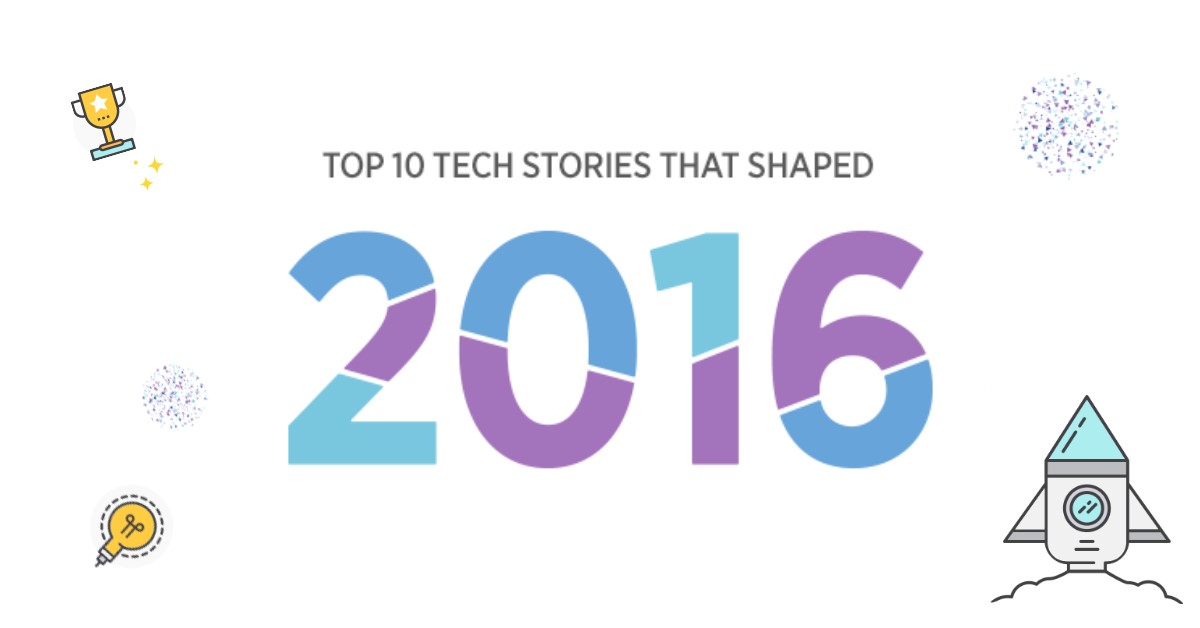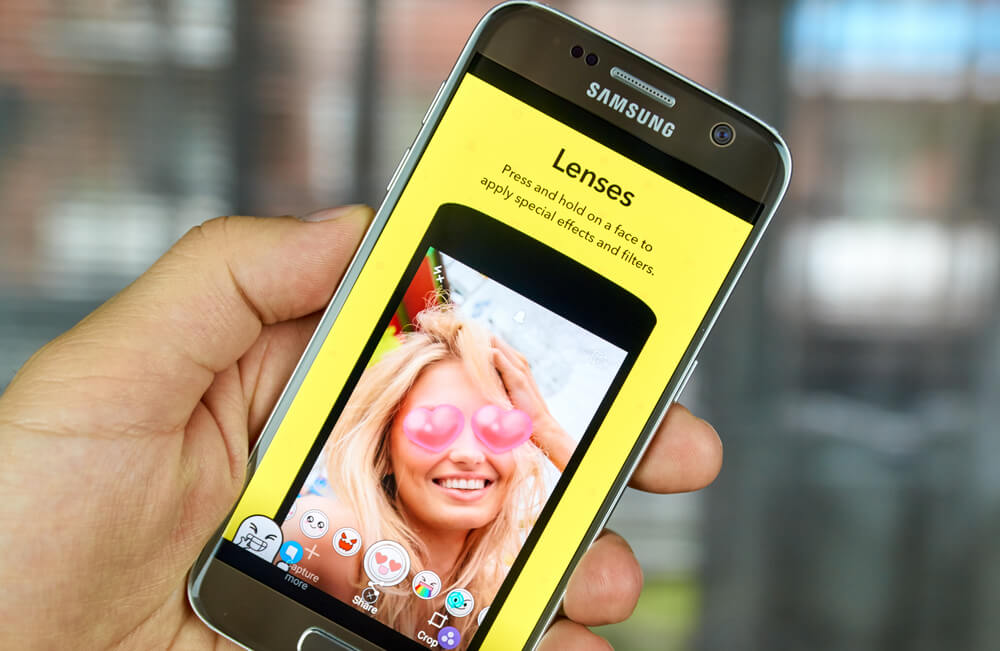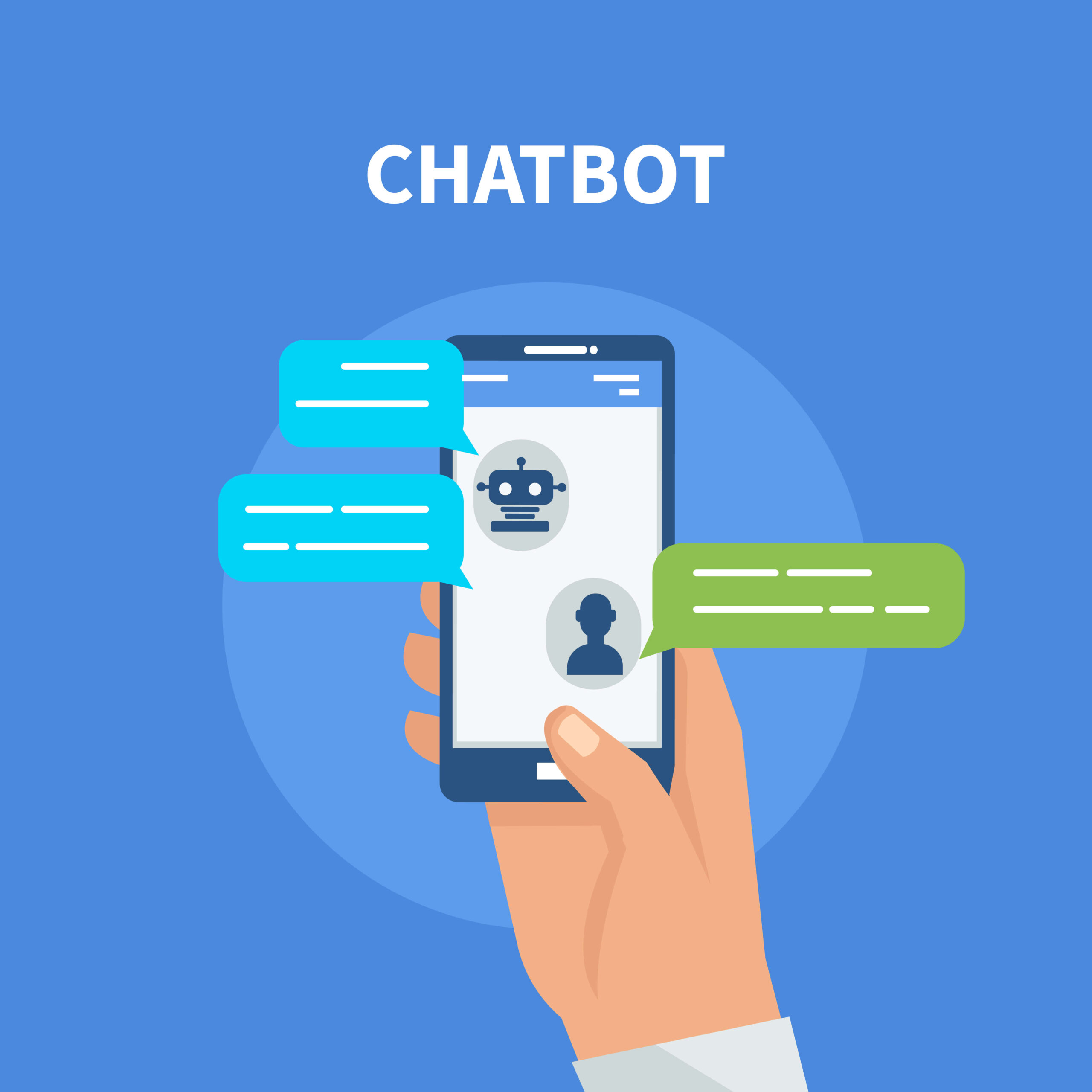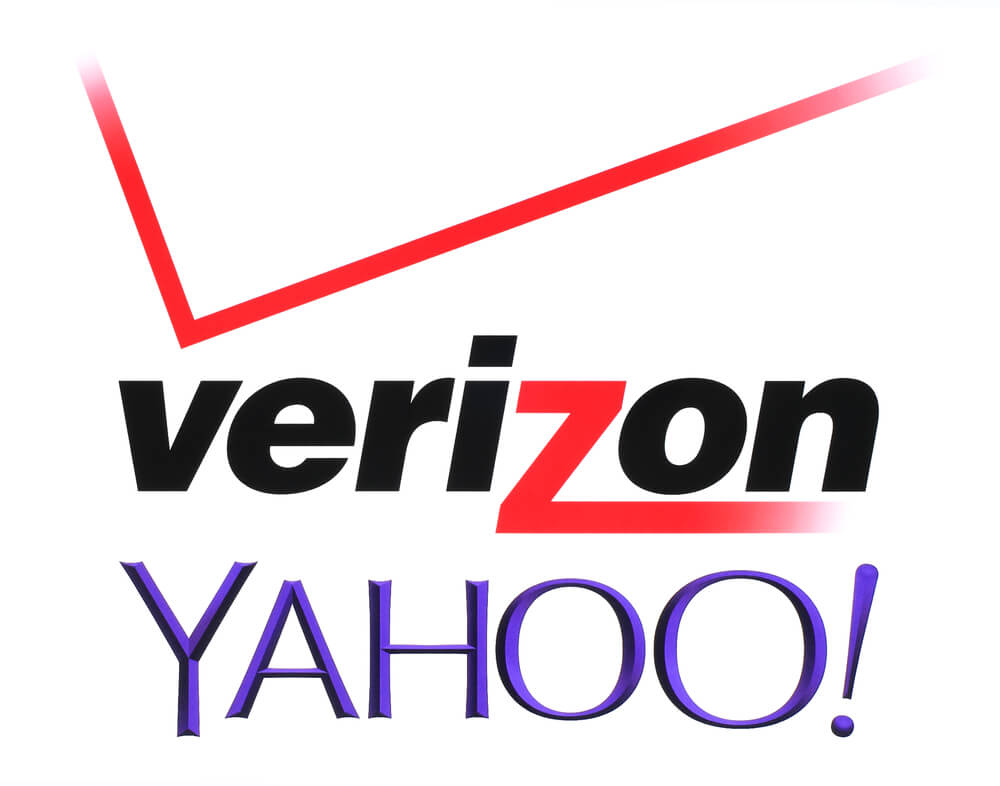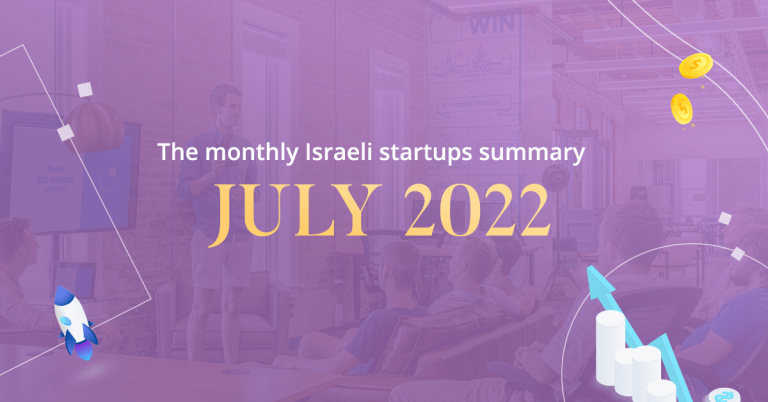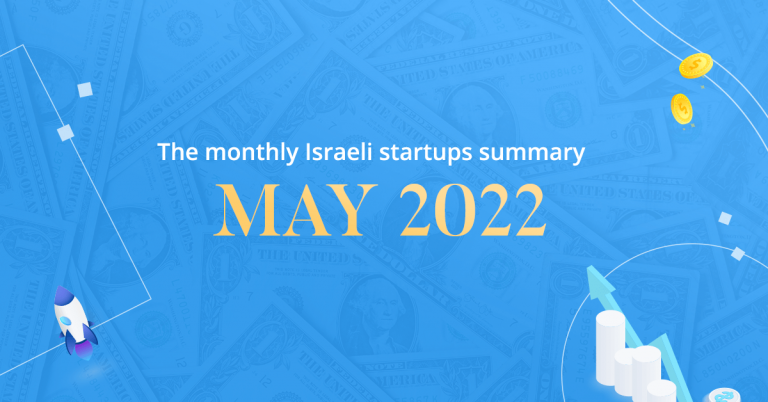That’s it, 2016 is over. You may have liked it, you may have hated it, but you’ve got to admit that it sure was interesting. A lot has happened, a lot has changed, and a lot of it all is going to affect our future.
Here at GKI Group we’ve picked the ten tech stories from Israel and the rest of the world that shaped 2016: from the rise of autonomous cars, to Pokemon Go, to the death of Yahoo, it’s all in here, in just one year.
Facebook vs. Snapchat
2016 has been a great year for Snapchat, or should we say Snap Inc., their new name after deciding they are no longer just a company that built a social network, but a camera company (which they proved through releasing “Spectacles”).
Since Snapchat launched way back in 2011, it has shown an amazing growth rate, especially amongst teenagers, the same teenagers that have seemingly abandoned Facebook almost entirely. While Snapchat’s user base is nothing that threatens Facebook 1.7 billion users, Facebook is still trying very hard to stop their young users from abandoning them.
Their method? Copying. They are brutally copying Snapchat’s main features that made it so cool:
They added Stories to Instagram, stories that disappear after 24 hours.
They bought MSQRD, an app that lets you add filters to your selfies and change your look.
They even added some drawing and emoji features to WhatsApp photos.
Also, recently they announced that Facebook’s new main focus is now the camera, and started testing filters and cool features to add to Messenger. Sound familiar?
AI gets a bit more intelligent.
One of the greatest things that happened in 2016 was HBO’s hit TV series Westworld. The show takes place in the future, where human-like robots are created to please humans’ needs in a “theme park” called Westworld. The show is based on a 1973 Michael Chrichton movie which, in 1973, was considered a “cheap thrill” sci-fi movie, but now, watching it in 2016, it seems more like an accurate depiction of what the future may look like.
This year, everyone started showing what their AI could do: Google, Microsoft, Facebook and of course, IBM’s Watson. Watson made a lot of headlines this year: He helped edit a trailer for the movie Morgan (which is about AI), and answered a full 50 minute Q&A. In 3 to 5 years, Watson may soon even help doctors with diagnosis and choosing courses of treatment before performing a surgery; IBM also announced this year that they are going to use Watson for weather forecasting.
Google, on the other hand, decided to teach their AI by using games and other people. The release of AI Experiments led to a fun game called “Quick, Draw” where Google guesses users’ drawings; they also collaborated with Blizzard to let DeepMind learn about strategy after “watching” online Starcraft II games.
AI technology is picking up its pace, and very soon they will likely be smarter than us. Let’s hope that these violent delights won’t have violent ends (Westworld reference).
Rise of the chatbots
You can’t talk about AI without talking about chatbots. In case you haven’t been around the past few years – chatbots, and bots in general, are programmed to hold a dialogue with end-users to help them fulfill any task, or to simply replace a human online agent. You can find bots in websites, Slack, Telegram, as your personal helper (Cortana or Siri), or on your home device (Amazon Echo). What made chatbots popular was Facebook enabling their installation on Messenger. This has given developers and business owners endless possibilities, especially eCommerce businesses aiming to sell their items easily through Facebook.
Bots still have a lot to learn; developers need to improve their AI, their NLP (Natural Language Processing) and their machine learning abilities, but when it’s done, the bots will significantly change the user experience and hopefully make our lives better, and easier.
You can read more about it here.
Elon Musk is making headlines. A lot.
The Canadian-American super-rich, visionary and unique business magnate Elon Musk made a lot of headlines this year as the founder of SpaceX, the co-founder of Tesla Motors, and through various other interesting projects:
SpaceX – On September 1st, just two days before the Israeli satellite developed by IAI Amos 6 was scheduled to launch, it was destroyed. The reason? Falcon 9, the launch vehicle built by SpaceX that Amos 6 was attached to, exploded. Another thing that exploded was Mark Zuckerberg’s plans for internet.org.
Solar City – Solar City was acquired by Tesla Motors for $2.6 billion, fulfilling Tesla’s ambitions to become a one-stop-shop for consumers. Imagine that you could buy an electric car, from Tesla of course, and then charge it in your own garage using a solar rooftop from SolarCity. Crazy, eh?
Tesla Motors – Elon Musk’s baby, Tesla Motors, made it to the news as well. Everyone was excited after Elon Musk secretly visited Jerusalem and announced that Mobileye will be integrating with Tesla to make autonomous cars. And then, just like that, they split up. There were plenty of reasons for the ugly breakup, one of them being the failure of the Tesla Model S’s autopilot system that resulted in a fatal car crash killing 40-year-old driver Joshua Brown. Brown is considered the first person to die from an autonomous car accident.
Transportation technologies from Israel go big
We couldn’t mention Mobileye in the previous section without adding Mobileye to our list for 2016. The Jerusalem company is on the list with other transportation tech companies that made it big this year: Gett, Via and Otto.
Mobileye – This year, the MIT Technology Review ranked Mobileye number six on the list of the world’s 50 “smartest” companies, for its smart car vision that prevents accidents. After Mobileye split from Tesla, they joined BMW and Intel on their autonomous car project.
Otto – Founded this past January by Lior Ron and acquired by Uber for $680 million just eight months later, Otto is on its way to rock the world of transportation, starting with autonomous trucks. In October, a driverless truck controlled by Otto made its first successful delivery of 50,000 beers. This was the first time that commercial cargo was shipped by a self-driving vehicle.
Via – Maybe you haven’t heard about Via, but New Yorkers have. Via is similar to Uber, but for shared rides; Via allows passengers headed in the same direction to book shared rides. They have figured out the formula to run this service perfectly, and raised $100 million in May to expand their service.
Gett –Gett, still known to Israelis as Get Taxi, is one of Uber’s largest competitors. In case you still haven’t heard, Gett enables you to order a taxi (and more services) with the click of a button. After operating successfully in 100 cities worldwide, Gett has raised A LOT of money. In May, Volkswagen group invested $300 million in Gett, and in November they raised another $100 million from Sberbank, the largest bank in Russia. To date, Gett has raised an impressive $622 million.
Microsoft’s return
Microsoft never went away, but in recent years they have seemed quite outdated and kept getting left behind. The Windows Phone never gained popularity and no one really seemed to care about Windows 10. Well, no more: this year, Microsoft showed the world what’s it worth, with their new amazing HoloLens and the release of Surface Studio, that even caught Apple by surprise.
On top of it all, they also acquired two major companies: LinkedIn, which they bought for the incredibly high price of $26.2 billion. and the streaming service “Beam”, which they have great plans for in 2017.
Yahoo’s disappearance
“Let me Yahoo that for you”. Nope. Still not a thing.
The fall of Yahoo was predictable, but no one really knew how big the fall would be. In June, Verizon excitingly announced that they are buying Yahoo for the ridiculous amount (our words, not theirs) of $4.8 billion. For a large company like Yahoo, how small this deal was proved to be a “big deal”, reflecting how dire the situation at Yahoo had become. Then, when Yahoo thought things couldn’t get any worse, they confirmed in September that their database was hacked in 2014, resulting in 500 million users’ information being stolen, and just this past month announced that over 1 billion accounts were hacked in 2013. Verizon wasn’t pleased back in October, and they surely won’t be pleased with these recent developments; the Yahoo deal may just be dead.
Playtika bought for $4.4 billion (and other Israeli exits)
Let’s start with Playtika. The online gaming company was sold in July to Chinese gaming company “Giant Interactive” for $4.4 billion. Although Playtika is based in Herzliya, Israel, they have been part of the American company “Caesar Interactive Entertainment (CIE)” since CIE acquired them in 2011. This major leap was one of the largest deals ever made in Israel.
Playtika is not alone. Other Israeli companies were successfully sold for a lot of money this year:
Valtech Cardio and the valve repair device they developed were recently sold for nearly $1 billion to Edwards Lifesciences.
Sintec Media, a Jerusalem based company designing and implementing management software systems for broadcasters, was acquired for $400 million by Francisco Partners thanks in large part to their flagship product OnAir.
Replay Technologies was acquired by Intel for $175 million for their products and abilities enriching live videos, specifically sports events. In the beginning of December, Intel used Replay’s technology for the first time to broadcast El Classico (Barcelona vs. Real Madrid) to 650 million viewers.
More companies worth mentioning are Leaba Semiconductor which was acquired for $320 million, MIS Implants which was acquired for $375 million, and Ravello Systems, who Oracle bought for $500 million.
These are great times to be an Israeli entrepreneur.
Everything is hackable.
Technology is amazing. Wearables are amazing. IoT is amazing. We have internet access anywhere, and suddenly everything seems to be connected to make our lives much simpler, cooler and smarter. The problem is, when everything is connected, everything is also hackable.
The best example happened this past October, when A DDos attack against Dyn, a major domain provider, nearly broke the internet, and not in a Kim Kardashian way. The attack “killed” Twitter, PayPal, Amazon, Netflix and more, kicking them offline for several hours. Days later, it was discovered the hack was a result of unsecured IoT devices. Yikes!
Also, in November hackers took over San Francisco Light-Rail System with a ransomware, asking for $73,000 to release the system and let go of the files.
And who knows, perhaps hackers messed with the results of the U.S. elections…
Everyone went crazy for Pokemon Go. And… it’s gone.
Do you remember the days where everyone was talking about Pokemon Go, playing Pokemon Go, going crazy for Pokemon Go and even dying because of Pokemon Go? Where are they now? They are nowhere to be seen, just like Dragonite or something.
When Niantic finally released the game on July 6, the world went completely mad for it, even in countries where you couldn’t download the game officially (*wink wink* Israel). Two months later, in the beginning of September, Pokemon Go had already been downloaded 500 million times and gained total revenues of $500 million; but soon afterwards, people just stopped playing. The number of users quickly dramatically declined and Pokemon Go became a thing of the past.
Of course, there are still millions of users playing Pokemon Go. They even signed a deal with Starbucks to put a Pokestop in every branch, and just recently announced that second generation Pokemon will be added to the game. Is that enough to draw the users back in? We guess not.
So, which tech story shaped your year? And what do you think the future holds for us in 2017? Let us know on our Facebook page.
Wishing you an amazing year full of innovation, advancement, and surprises.
-GKI Group.
